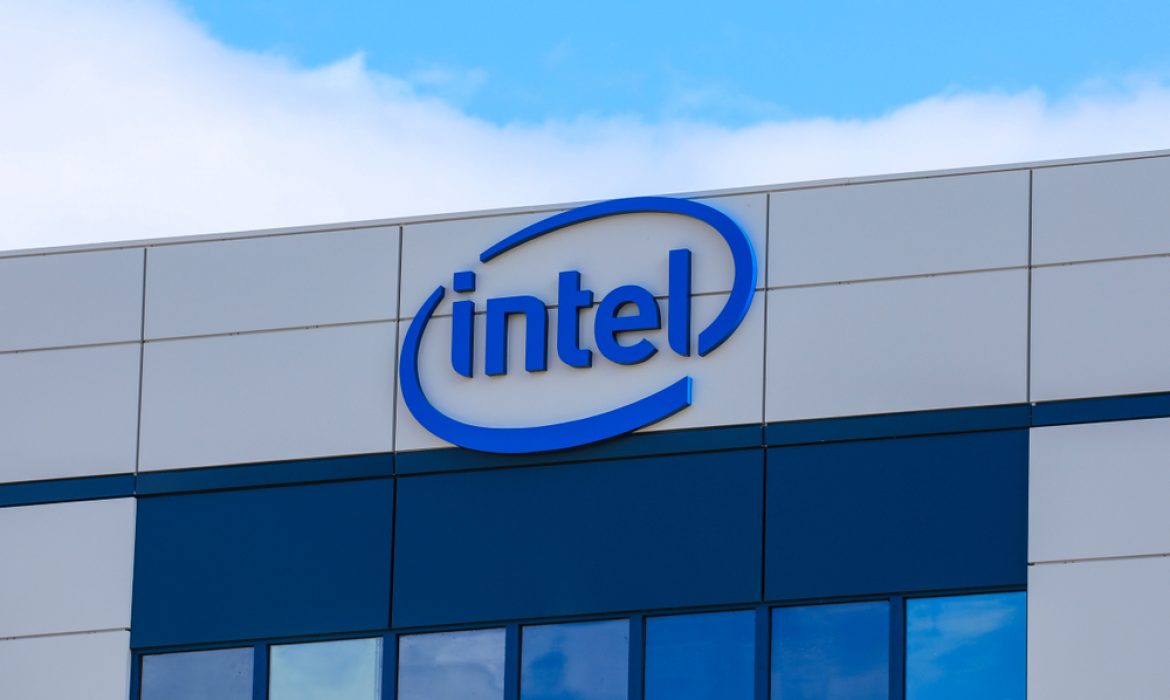Intel announced its plans to build semiconductor fabs in Germany, Israel and Poland, sending shockwaves throughout the technology industry. The investment in Germany will be $33 billion, Israel $25 billion, and Poland $5 billion. Intel’s ambitious endeavor is designed to strengthen its presence in Europe and help turn the continent into a “semiconductor superpower.”
The contract signed between Intel and Germany lays the groundwork for revolutionary advances. The agreement calls for investments totaling $33 billion, with at least two factories to be built at Intel’s site near Magdeburg. These state-of-the-art factories will produce chips using more advanced technology than previously planned, although specific details of the manufacturing process have not yet been disclosed. However, Intel has said that the technology will be from the angstrom era and will have an impressive 18-20A scale. This bold move underscores Intel’s commitment to pushing the boundaries of innovation.
To support this ambitious project, a €10 billion government subsidy has been agreed, subject to approval by the European Union. This significant stimulus package underscores the European Union’s commitment to promoting technological growth and self-sufficiency in the semiconductor industry. The first facility is expected to be fully operational within the next 4-5 years, marking a new era of chip manufacturing in Germany.
Meanwhile, Poland is looking forward to its own significant project. With an investment of €4.6 billion, Intel plans to establish a semiconductor assembly and test plant in Wroclaw. This massive facility will employ 2,000 people and is expected to be completed by 2027. Design and planning will begin immediately, and construction will begin after authorization from the European Commission. Poland’s anticipation of this groundbreaking project reflects its growing importance in the global semiconductor landscape.
Intel’s plans to expand manufacturing in Europe are part of a comprehensive global strategy to strengthen infrastructure on the continent. This strategic move is fully in line with the European Union’s ambition to become a semiconductor powerhouse and achieve self-sufficiency in the production of critical electronic components. Intel’s broader strategy includes the establishment of a research, development and design center in France, as well as lithography and end-production facilities in Ireland, Italy, Poland, Spain and other countries. These endeavors reaffirm Intel’s commitment to fostering innovation and technological advancement in Europe.
Israel is also poised to benefit significantly from Intel’s extensive plans. The company intends to invest $25 billion to expand its Kiryat Gat plant, marking a new era of technological growth in the country. According to Prime Minister Benjamin Netanyahu, the investment will create thousands of jobs and strengthen Israel’s position as a global technology center. As part of the agreement, Intel’s tax rate will be raised to 7.5% from the current 5%, signaling the Israeli government’s commitment to creating a business-friendly environment.
Intel’s ambitious plan to build semiconductor plants in Germany, Israel and Poland is a testament to its continued commitment to technological advancement. The company’s multi-billion dollar investments are not only revitalizing the European semiconductor landscape, but also helping to realize the ambitious goals of the European Union. As Intel’s global strategy takes shape, the world looks forward to the transformative impact it will have on the future of the semiconductor industry.


